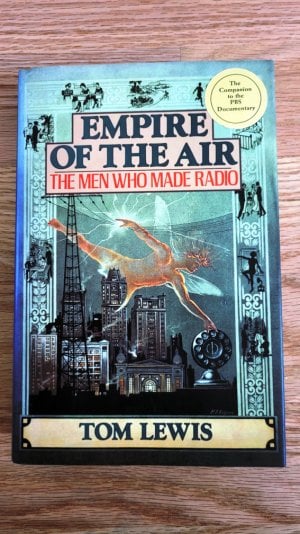Interesting article and no paywall:
It starts out...
It’s easy to take for granted today, but the emergence of broadcast radio was a seismic shift in early 20th-century culture. Born out of ship-to-shore wireless telegraph communication at the turn of the 20th century, broadcast radio represented an entirely new pastime by the time it began to mature in the 1920s. The golden age of radio was the period from the 1920s to the 1950s when the medium was at its absolute peak in both program variety and popularity. Radio grew massively during this era: In 1922, Variety reported that the number of radio sets in use had reached 1 million. By 1947, a C.E. Hooper survey estimated that 82% of Americans were radio listeners.

 historyfacts.com
historyfacts.com
It starts out...
It’s easy to take for granted today, but the emergence of broadcast radio was a seismic shift in early 20th-century culture. Born out of ship-to-shore wireless telegraph communication at the turn of the 20th century, broadcast radio represented an entirely new pastime by the time it began to mature in the 1920s. The golden age of radio was the period from the 1920s to the 1950s when the medium was at its absolute peak in both program variety and popularity. Radio grew massively during this era: In 1922, Variety reported that the number of radio sets in use had reached 1 million. By 1947, a C.E. Hooper survey estimated that 82% of Americans were radio listeners.

5 Facts About the Golden Age of Radio
It’s easy to take for granted today, but the emergence of broadcast radio was a seismic shift in early 20th-century culture.


